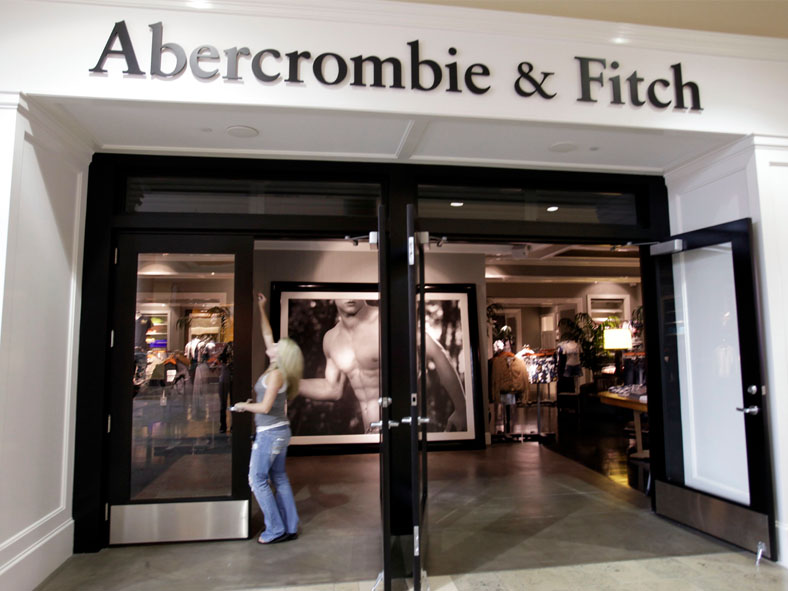Practice on November 12, 2019

Last month’s article, Cognitive Bias and the Law, covered the effects of cognitive bias on legal decision making under risk.1 In legal decision making, lawyers regularly rely on conventional wisdom. They use instinct and intuition to make decisions, but conventional wisdoms are based on an extremely small set of experiences. The most seasoned lawyers may […]
Read More


